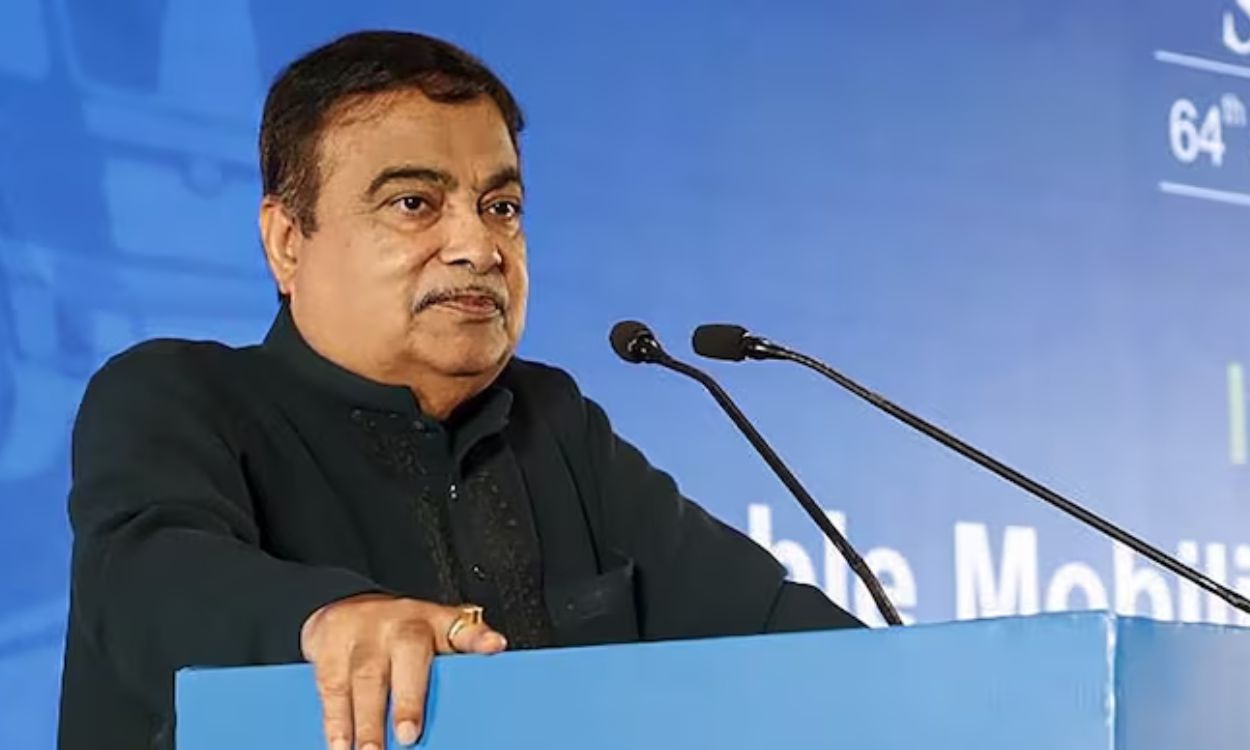Ishfaq Gulzar CNI
Union Road Transport and Highways Minister Nitin Gadkari has revealed a bold and futuristic plan to completely transform India’s transport system. From high-speed electric buses to ropeways in remote mountains, funicular railways, and even hyperloop technology, Gadkari said India is heading for a mass mobility revolution.
In a recent interview, the minister said that work is moving at a war footing to make travel across the country faster, greener, and more comfortable. New transport modes like cable cars, ropeways, and funicular trains are being developed in 360 places, including religious and hilly regions like Kedarnath. Work on 60 of these projects has already started.
Funicular railways, which combine lift and rail technology, are being introduced to carry people and goods efficiently up steep slopes. These projects are expected to cost between Rs 200 crore and Rs 5,000 crore, and according to Gadkari, they will change the way India travels, especially in tough terrains.
Gadkari said that the aim is not just to improve travel in big cities but also to bring world-class connectivity to far-off villages and hill regions. He said that the government is planning to build 100 kilometers of new roads every day. He also added that 25,000 kilometers of two-lane highways will soon be upgraded to four lanes.
Speaking about urban mobility, he said India will soon see advanced electric buses with airline-like features. A pilot project in Nagpur is already underway, with a 135-seater electric bus capable of running at 120–125 km per hour. The bus will have luxury seating, air conditioning, fast charging in 30 to 40 minutes, and will be 30 percent cheaper than diesel buses. Once trials are successful, these buses will run on major routes like Delhi-Chandigarh, Delhi-Jaipur, Mumbai-Pune, and more.
In addition to buses, Gadkari said new projects like Metrino pod taxis, hyperloop systems, and pillar-based mass transport systems are being explored in major cities such as Delhi and Bengaluru. The aim is to combine technology and investment to revolutionize Indian public transport.
Gadkari also highlighted that eleven car manufacturers, including Tata, Toyota, Hyundai, and Mahindra, have agreed to develop flex-fuel engine vehicles. These vehicles can run on ethanol, methanol, and blends of biofuels, which will help reduce India’s dependence on imported fuel.
The minister shared that the total length of national highways has increased by nearly 60 percent since 2014, from around 91,000 kilometers to more than 1.46 lakh kilometers. High-speed corridors have also seen a huge jump from 93 km to over 2,400 km.
To make road building faster and safer, India is using new technologies like precast construction, three-foot barriers, drones, AI-powered road monitoring, and camera-based safety systems. Roadside infrastructure is also being upgraded, with 670 world-class amenities already approved for travelers and drivers.
Gadkari also talked about the environment, stating that the transport sector contributes nearly 40 percent to the country’s pollution. He said plans are in place to plant 20 to 25 crore trees along highways. For every tree cut, five new ones will be planted. A proposal for a “tree bank” is also being finalized with the Environment Ministry.
He further claimed that the new roads and transport systems will help cut India’s high logistics cost from 14 percent of GDP to 9 percent. This will not only reduce pollution but also boost economic growth and create thousands of jobs across the country.
With plans like electric buses, rapid road construction, ropeways in the hills, and major shifts in vehicle fuel technology, Gadkari’s vision could truly reshape how India travels in the coming years.
